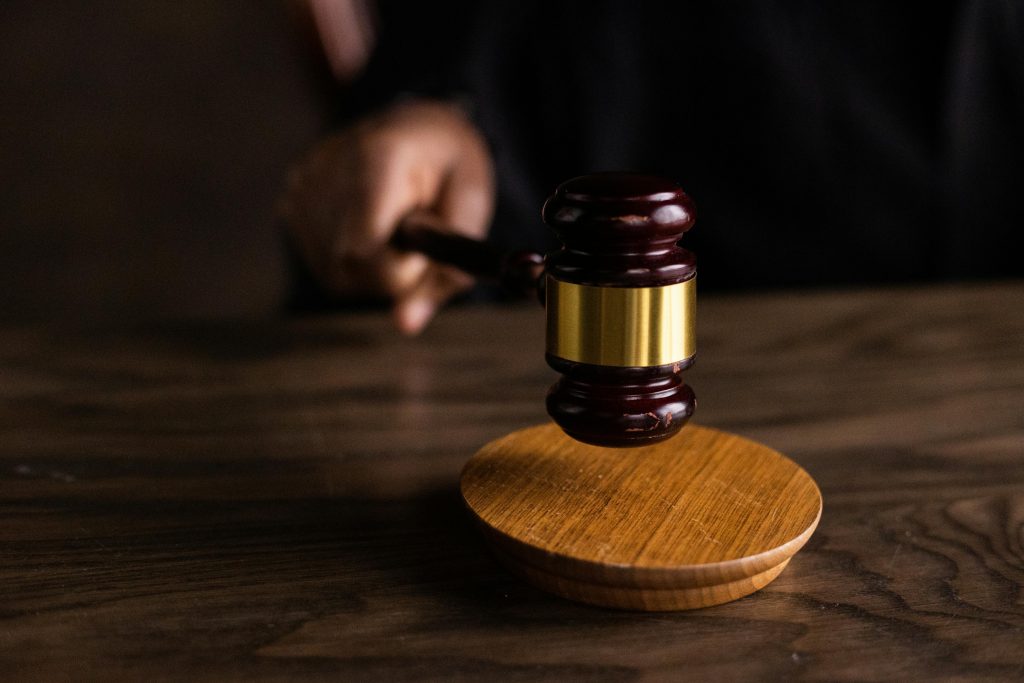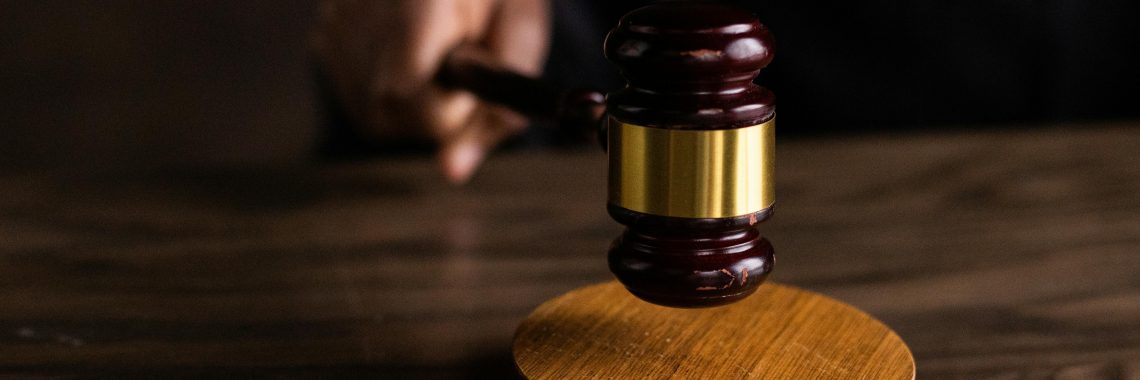Why Arkansas Shouldn’t Prosecute Women for Having Abortions

The Arkansas Legislature will convene for its 2025 session on January 13, and lawmakers will be able to begin pre-filing legislation in just a few days.
As states pass pro-life laws and prohibit abortion, lawmakers are facing questions about whether or not to prosecute a woman who breaks the law by having an abortion.
In 2022 National Right to Life and Arkansas Right to Life joined more than 70 state, national, and international pro-life organizations in issuing an open letter to America’s lawmakers urging them not to prosecute women who have illegal abortions.
Current law in Arkansas exempts a woman from being prosecuted or sued for the death of her unborn child — even if the child’s death is caused by an abortion.
In 2023, lawmakers in Arkansas briefly considered legislation that would have allowed prosecution of a woman who had an abortion.
Here are four reasons why Arkansas law should not punish a woman who has an abortion.
Some women are coerced into having an abortion.
Over the decades, we have heard countless women say that they were pressured into having an abortion against their will.
In some cases it was a parent who told them they had to have an abortion. In other cases it was an abusive boyfriend.
Researchers have found that human traffickers may force their victims to have abortions if they become pregnant.
It isn’t right to prosecute a woman who may have been forced to have an abortion against her will.
Women were not prosecuted for having illegal abortions before Roe.
Before 1973, abortion generally was illegal in Arkansas.
The Arkansas Legislature enacted the state’s first laws against abortion around 1875.
As far as our team can tell, from 1875 to 1973 Arkansas never prosecuted women for having illegal abortions.
The abortionist could be prosecuted for breaking the law, but not the woman. The same was true in many other states that prohibited abortion prior to Roe v. Wade.
Even though Arkansans recognized that abortion was wrong, they also recognized that there were serious problems with prosecuting a woman who has an abortion.
How will our state prosecute illegal abortionists if the women face prosecution too?
Now that abortion is prohibited in Arkansas, our authorities need to be able to prosecute abortionists who violate the law.
In order to do that, they may need testimony from women who have gone to those abortionists for illegal abortion procedures.
Will women come forward to testify against abortionists in court if they know that they can be prosecuted too?
Prosecuting women as well as abortionists may make it harder to hold abortionists accountable for breaking the law.
We don’t have to prosecute women to abolish abortion.
We can prohibit abortion, shut down abortion facilities, and prosecute abortionists without putting women in jail, too.
Abortion facilities that violate state laws should be shuttered, and abortionists who break the law should be penalized.
If we do that, we can stop abortion in Arkansas. We don’t have to prosecute women who have had abortions in order to end abortion
Articles appearing on this website are written with the aid of Family Council’s researchers and writers.
State Agency Proposes New Rules for Marijuana Dispensary Relocations

The Arkansas Democrat-Gazette recently reported the state is considering new rules for marijuana dispensary relocations.
A proposal from the Arkansas Alcoholic Beverage Control Division would require more community notice and public input before a medical marijuana dispensary changes its location.
The proposal reportedly comes after controversy surrounding Speakeasy Dispensary’s move from Pine Bluff to Prairie County, which sparked backlash from lawmakers and residents.
Under the new rules, the Medical Marijuana Commission would need to notify county and city officials, seek input from local leaders and residents, and consider the impact the move might have on nearby churches, schools, traffic, and overall neighborhood character.
Local people ought to be able to keep marijuana out of their communities. That was one of the problems with marijuana amendment Issue 3 that was disqualified from the ballot last month: The amendment made more than 30 changes to the Arkansas Constitution concerning marijuana, and it prohibited the Arkansas Legislature, cities, or counties from passing any measures — including zoning and taxes — to regulate marijuana use. That’s a serious concern.
Despite what many people believe about marijuana use, a growing body of research shows marijuana is harmful.
For example, a study published in JAMA Otolaryngology found daily marijuana use is linked to a higher risk of head and neck cancers.
A large study published in February found marijuana use is associated with increased risk of cardiovascular problems. Another study published last year found heavy users faced about 60% higher risk of heart attack, stroke, or other cardiovascular problems.
And contrary to popular belief, legalization of marijuana has actually emboldened drug cartels and fueled the black market.
News outlets report Chinese organized crime is dominating black market marijuana in states where marijuana is legal.
In September law enforcement in California seized more than 36,000 illegal marijuana plants in a single drug bust.
And state troopers in Arkansas routinely intercept black market marijuana that was grown in states like Oklahoma or California.
As marijuana use increases in America, people need to understand: Marijuana may be many things, but “harmless” simply is not one of them.
Articles appearing on this website are written with the aid of Family Council’s researchers and writers.



